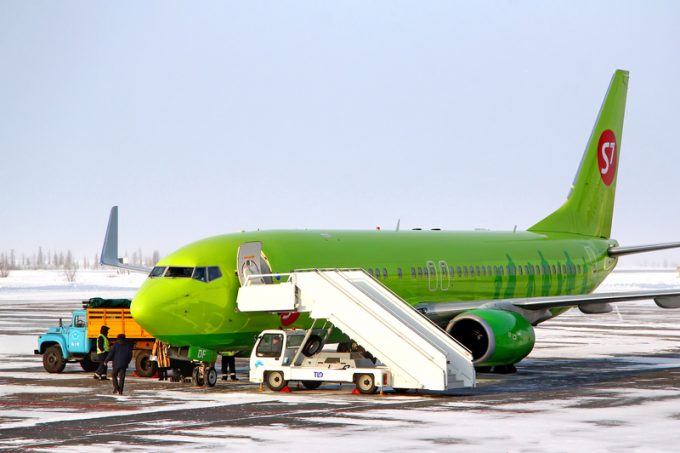European freighters set for summer ecommerce chase in Hong Kong
Hong Kong is set to become a popular destination for European freighter operators in the ...

The global pandemic-triggered crisis has urged traditional, and even rather successful, air operators to seek new market niches while developing the most promising of already discovered segments.
On 3 June, S7 Technics, part of Russia’s largest privately owned air group, S7, signed a co-operation agreement with the St Petersburg city administration and the local Open Skies airport of Pulkovo for the construction of a new aircraft technical maintenance centre.
It will perform a wide range of services, from periodic maintenance to structural ...
Maersk Air Cargo sees volumes fall as it aims for 'margin in favour of revenue'
Keep our news independent, by supporting The Loadstar
Container spot rates diverge: to Europe still falling, but firmer to the US
Hapag-Lloyd won't take bookings if port congestion leaves cargo stranded
Ecommerce likely the front-runner in resurge of transpacific trade after deal
Volume surge and an early peak season? 'Don't celebrate too soon,' warning
China-US trade tariff pause could drive a rebound for transpacific rates
Airfreight players eye new routes as demand on the transpacific nosedives
Service chaos from trade ban with India a problem for Pakistan shippers
Airfreight rates ex-China 'loss-making', but hopes of a trade deal stay high
Indian coastal freight attracts major carriers, but regional tension disrupts
Serious threat to jobs in US logistics as tariffs cause economic 'stagflation'

Comment on this article